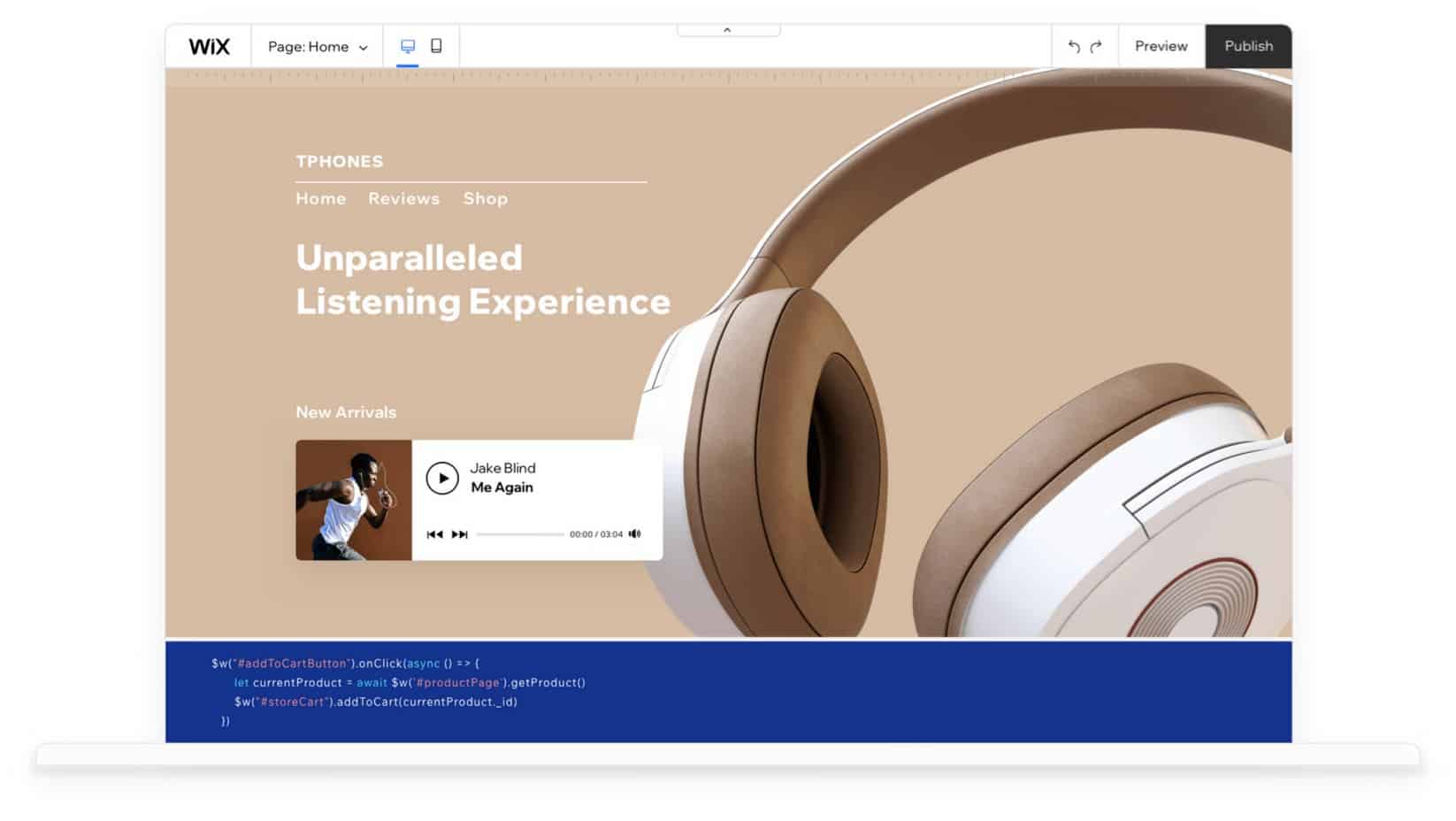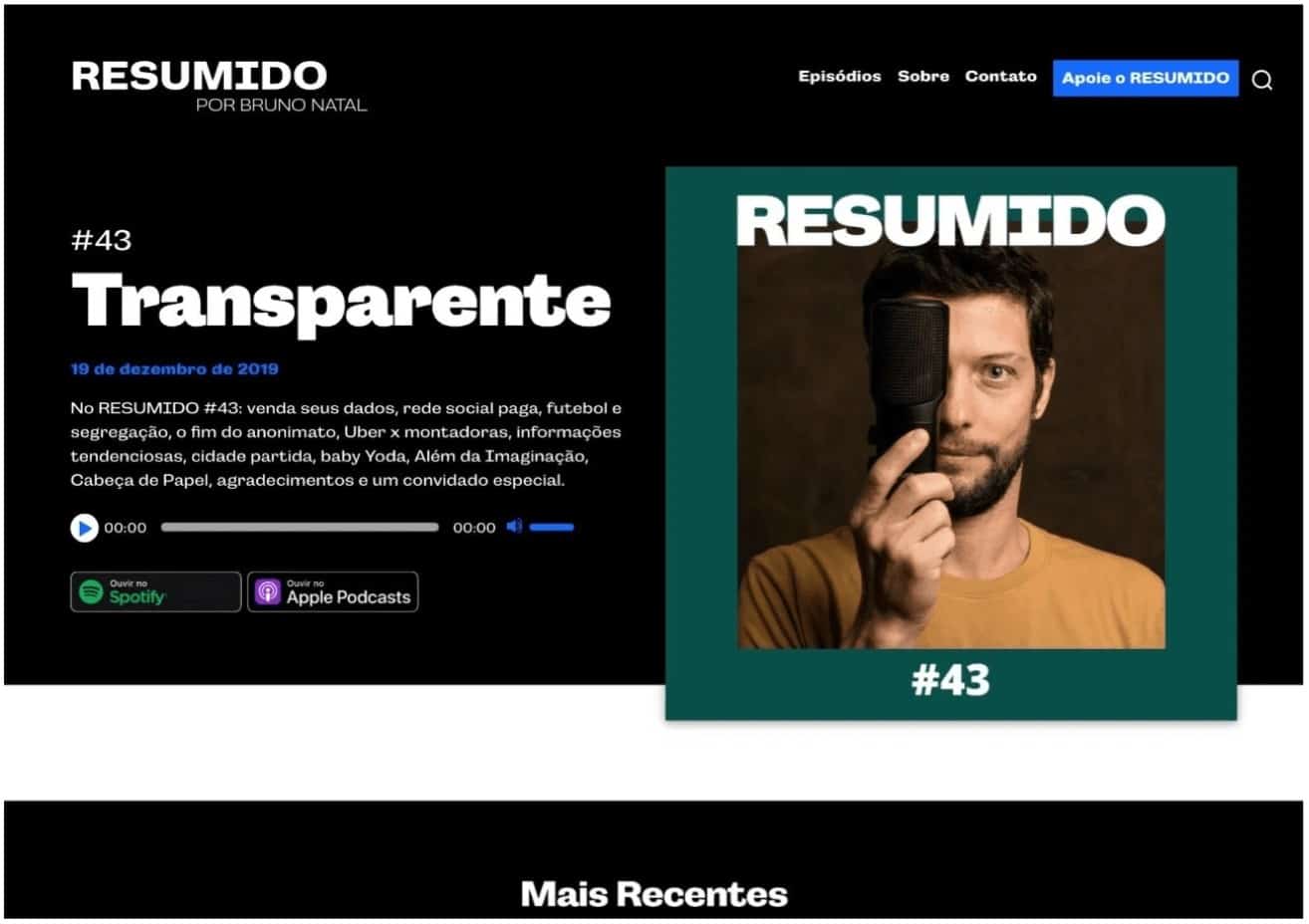What is Blogging?
A blog is sometimes referred to as a web blog. Though websites might contain a blog, they aren’t necessarily the same thing. Typically, blogs feature regular entries written in an informal style. They can include content that covers a specific or range of topics. Blog postings can contain text alongside images and other media types, including video, music, links. Though early blogs usually were written by one person, that’s not necessarily the case anymore. Today, blogs, those still mostly informal, are run by organizations, businesses, universities, newspapers, media outlets, and more. Blogging no longer involves coding or other advanced training. Free blogging platforms especially make it very easy to get your message online.
Free Blogging Platforms Worth Your Time
There are many free options available when it comes to blogging. Most solutions offer a range of services with freebie packages among the easiest to get online. However, when selecting a free blogging platform, it’s best to find a product that can grow with you over time. In many respects, this means selecting a solution that also offers paid plans. Why? Because free options usually come with restrictions such as required ads that run across the site or posting limits that you might want to remove at some point. It’s most seamless to do so when you stick with the same company.
Wix
With Wix, you can create a free blog or website in just a few steps. Ideally suited for anyone new to blogging, Wix is powered by a nice selection of free templates that you can choose from to create a unique online experience. When you sign up for Wix for the first time, you’ll receive all of its premium features for 14 days. At that time, you can choose from one of the paid plans or downgrade your site to a free plan. Wix’s freebie plan includes limited bandwidth and storage space, plus you’ll see pesky ads next to your posts. Luckily, none of these restrictions will keep you from developing a beautiful site. For as little as $18/month, you can switch your site to a custom domain, receive that domain free for a year, increase your storage space to 3GB, and remove the ads. Each premium plan also includes an SSL certificate, which lets you begin collecting sensitive data from visitors, including IDs, passwords, credit card numbers, and more.
Weebly
Perhaps Wix’s biggest competitor, Weebly, is another free blogging platform. Compared to the former, it offers fewer features and templates. However, blogs tend to be easier to set up and maintain. In addition, even free Weebly accounts come with an SSL certificate, which means it’s possible to create an online retail site at no cost. The platform provides various tools, including a shopping cart, unlimited items, and inventory management. Weebly’s three premium plans add a custom, free domain, more storage, and site analytics. Prices start at $6 per month.
WordPress.com
Considered the most popular blogging platform on the planet, WordPress.com is open-source and maintained by countless users who do a terrific job of adding new features each year. In addition, WordPress.com offers lots of templates to help you find your voice and provides an opportunity to upgrade to a paid plan at any time. WordPress.com hasn’t always been the easiest blogging platform to use, especially for beginners. Some of the possible difficulties could be tied to the vastness of the available tools, which can feel overwhelming at times. WordPress.com has streamlined the setup process in recent years, however. Today, you can create a site with very few clicks, then add features as you grow more comfortable with the tools. Though you can maintain a freebie site, WordPress.com works best when you purchase at least a personal account, which is just $4/month. For this, you can collect payments, remove ads, and get a free domain. Other features are added at each subscription level.
Medium
At Medium, anyone can share their stories and insights on a content publishing platform at no cost. Perhaps more in sync with the online writing community than other solutions, Medium offers an intuitive editing tool that requires minimal formatting. A $5/month membership to Medium strips ads in posts, adds user access on any device and helps to promote quality writing.
Tumblr
Now owned by the same organization that runs WordPress.com, Tumblr has been around a long time and continues to have a small yet active community behind it. With a Tumblr account, you can freely post text, images, quotes, links, chat, audio, and videos, which you’re free to link to on Facebook and Twitter. To date, Tumblr is completely free.
Ghost
Originally started through a successful Kickstarter campaign, Ghost offers open-source tools for independent journalists around the world. Ghost is free to join with customers large and small, although you’ll need to pick a paid subscription to keep your site running in the long term. Subscriptions start at $9/month. Ghost is relatively easy to use, although not as easily as other platforms. However, after jumping over the learning curve, you discuss a robust product backed by a growing community of bloggers.
A Paid Service Worth Considering
Squarespace is not a free blogging platform. However, it would be best if you still looked at it because of its amazing library of templates and ease of use. Better still, you can use Squarespace freely for as long as you want to develop the perfect website — although it doesn’t officially go online until you pay. As you can see, there are lots of free blogging platforms available. Though many freebie solutions require updating to a paid plan to unlock its best features, all give you an outlet to create and post high-quality content in just a few steps. Comment Name * Email *
Δ Save my name and email and send me emails as new comments are made to this post.
![]()



